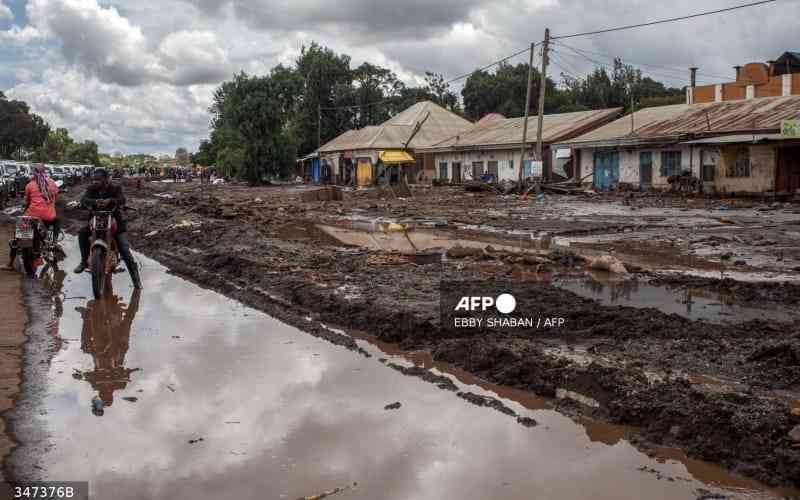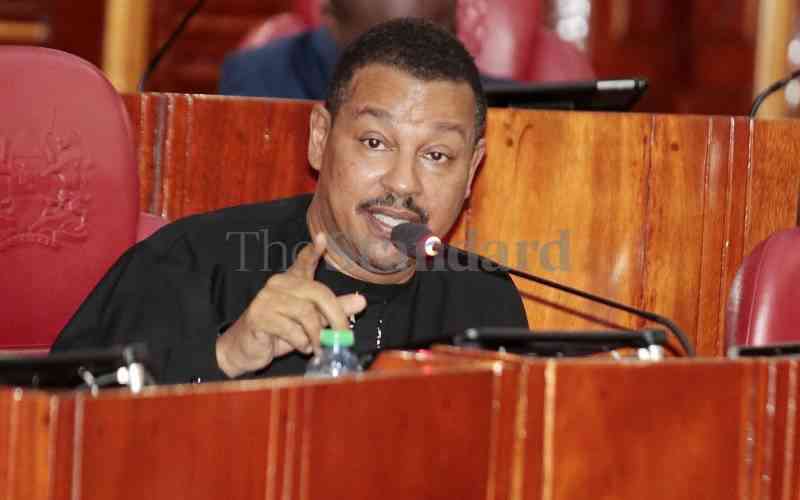The Independent Electoral and Boundaries Commission (IEBC) has once again been thrust into the limelight as the 2017 elections approach.
The commission’s job has been made more difficult with the early signs that, just like the previous poll, the 2017 one will be hotly contested.
Already, political drums have started to sound 18 months to the election date. Not long ago IEBC launched its road map for the election, which is commendable.
As was well captured in the report, this coming election might be one of the most expensive ones not only in Africa but also worldwide. This can be understood owing to our unique representation set up which calls for six ballots in the same election.
It is, therefore, expected that as a country, we do not run away from the cost aspect but rather shoulder it since we cannot have our cake and eat it. In so doing as citizens, we all expect that the electoral body gives us value for our hard-earned money that we religiously pay, by carrying out a credible election.
One of the biggest tasks for IEBC is voter registration. Already by its own target, the commission expects to carry out mass voter registration of eight million new voters. This cannot be achieved without a vigorous voter education across the country and support from other stakeholders such as religious organisations, civil societies and political parties.
With the much-hyped tyranny of numbers, the stakes are even higher. It is very important that the commission handles voter registration as fairly and transparently as possible with the aim of winning the much-needed confidence from both sides of the political divide as well as the public.
Solidify position
IEBC must also engage in awareness activities. These should be through regular briefing on the progress, challenges and breakthroughs it encounters on its way to 2017. This will help the commission solidify its position.
For instance, the tendering for services and equipment is one area that has a potential to raise political heat. The public has to be in the know, and the commissioners should be accountable. Too much secrecy and opaqueness are a fertile breeding ground for corruption.
It is encouraging that the commission has pledged to make public all the personnel it plans to hire during voter registration and those that will manage the elections. IEBC also needs to end its squabbles with politicians. In a highly polarised political scene like where we are, the commission has an obligation to avoid ugly confrontations with either political side, as this can easily create a perception that it could be taking sides in the political contest.
Lastly, the Government should be able to give the commission the required funding in order for it to deliver. Any lukewarm or negative response will be easily construed as an elaborate plan to handicap the commission.
Of great concern is the investment needed in developing the water-tight election result tallying system, faster biometric identification gadgets and secure ballot papers as well as competent personnel.
 The Standard Group Plc is a
multi-media organization with investments in media platforms spanning newspaper
print operations, television, radio broadcasting, digital and online services. The
Standard Group is recognized as a leading multi-media house in Kenya with a key
influence in matters of national and international interest.
The Standard Group Plc is a
multi-media organization with investments in media platforms spanning newspaper
print operations, television, radio broadcasting, digital and online services. The
Standard Group is recognized as a leading multi-media house in Kenya with a key
influence in matters of national and international interest.
 The Standard Group Plc is a
multi-media organization with investments in media platforms spanning newspaper
print operations, television, radio broadcasting, digital and online services. The
Standard Group is recognized as a leading multi-media house in Kenya with a key
influence in matters of national and international interest.
The Standard Group Plc is a
multi-media organization with investments in media platforms spanning newspaper
print operations, television, radio broadcasting, digital and online services. The
Standard Group is recognized as a leading multi-media house in Kenya with a key
influence in matters of national and international interest.







